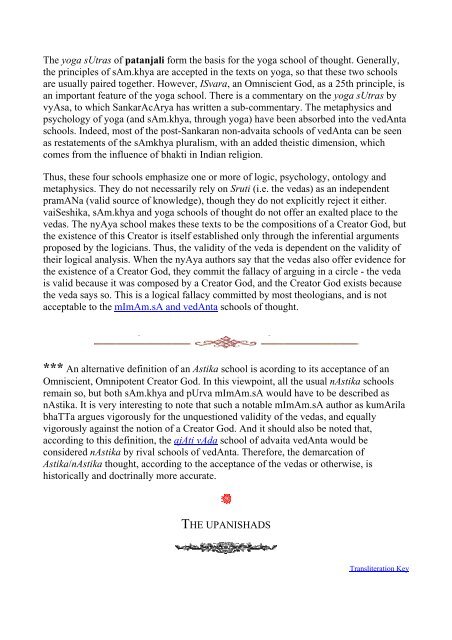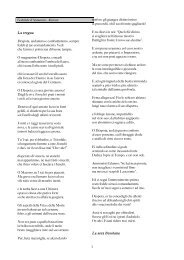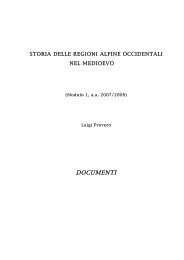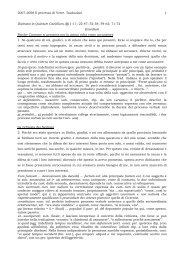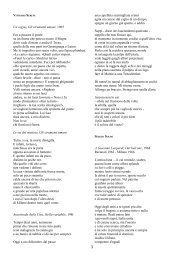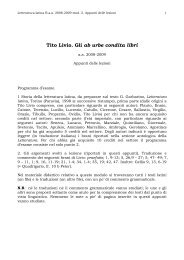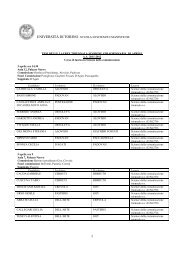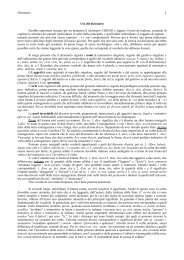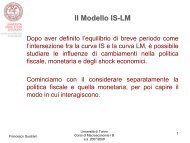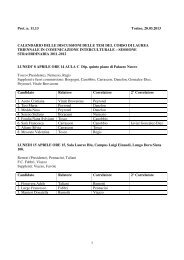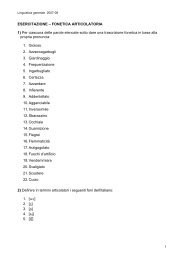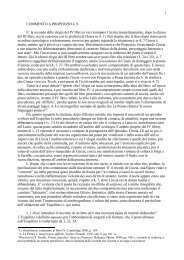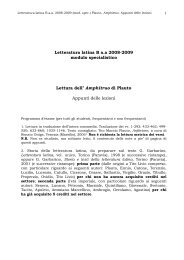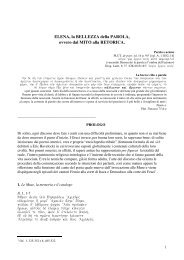ajAti vAda
ajAti vAda
ajAti vAda
Create successful ePaper yourself
Turn your PDF publications into a flip-book with our unique Google optimized e-Paper software.
The yoga sUtras of patanjali form the basis for the yoga school of thought. Generally,<br />
the principles of sAm.khya are accepted in the texts on yoga, so that these two schools<br />
are usually paired together. However, ISvara, an Omniscient God, as a 25th principle, is<br />
an important feature of the yoga school. There is a commentary on the yoga sUtras by<br />
vyAsa, to which SankarAcArya has written a sub-commentary. The metaphysics and<br />
psychology of yoga (and sAm.khya, through yoga) have been absorbed into the vedAnta<br />
schools. Indeed, most of the post-Sankaran non-advaita schools of vedAnta can be seen<br />
as restatements of the sAmkhya pluralism, with an added theistic dimension, which<br />
comes from the influence of bhakti in Indian religion.<br />
Thus, these four schools emphasize one or more of logic, psychology, ontology and<br />
metaphysics. They do not necessarily rely on Sruti (i.e. the vedas) as an independent<br />
pramANa (valid source of knowledge), though they do not explicitly reject it either.<br />
vaiSeshika, sAm.khya and yoga schools of thought do not offer an exalted place to the<br />
vedas. The nyAya school makes these texts to be the compositions of a Creator God, but<br />
the existence of this Creator is itself established only through the inferential arguments<br />
proposed by the logicians. Thus, the validity of the veda is dependent on the validity of<br />
their logical analysis. When the nyAya authors say that the vedas also offer evidence for<br />
the existence of a Creator God, they commit the fallacy of arguing in a circle - the veda<br />
is valid because it was composed by a Creator God, and the Creator God exists because<br />
the veda says so. This is a logical fallacy committed by most theologians, and is not<br />
acceptable to the mImAm.sA and vedAnta schools of thought.<br />
*** An alternative definition of an Astika school is acording to its acceptance of an<br />
Omniscient, Omnipotent Creator God. In this viewpoint, all the usual nAstika schools<br />
remain so, but both sAm.khya and pUrva mImAm.sA would have to be described as<br />
nAstika. It is very interesting to note that such a notable mImAm.sA author as kumArila<br />
bhaTTa argues vigorously for the unquestioned validity of the vedas, and equally<br />
vigorously against the notion of a Creator God. And it should also be noted that,<br />
according to this definition, the <strong>ajAti</strong> <strong>vAda</strong> school of advaita vedAnta would be<br />
considered nAstika by rival schools of vedAnta. Therefore, the demarcation of<br />
Astika/nAstika thought, according to the acceptance of the vedas or otherwise, is<br />
historically and doctrinally more accurate.<br />
THE UPANISHADS<br />
Transliteration Key


